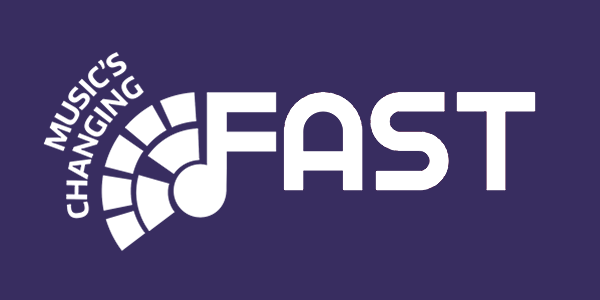1. Could you please introduce yourself?
My name is Gary Bromham, I’m a Music Producer, Audio Engineer and Songwriter. I’m also a part-time PhD Researcher at Queen Mary University of London in the Centre for Digital Music. I’m researching the area of retro aesthetics in digital music technology and how they influence music production. Specifically, I’m focused on GUI (Graphic User Interface) design and perception of timbre connected to this area.
2. What is your role within the project?
I have a small advisory role in the project. I suppose my task is to use some of my 30 years of experience to inform on best practices in the field of record production but probably also to act as an arbiter of the usefulness and real world application of new ideas. It’s constructive criticism I suppose!
3. Which would you say are the most exciting areas of research in music currently?
The area of automatic-mixing of multi-track audio interests me greatly. The idea that data gained from observation and analysis of recording and mix engineers can be used to automate mundane and often less creative aspects of this process is very interesting. Labelling of audio tracks based on instrument recognition for example could save huge amounts of time when mixing songs. Streamlining of existing workflows which might facilitate more time for creative processes is a justifiable goal. I am also very interested in the use of semantic technologies for describing sound properties in music production and how they might be a better way for a consumer or hobbyist than a more traditional physics based method.
4. What, in your opinion, makes this research project different to other research projects in the same discipline?
Probably the length of time allotted to the project. This gives time for ideas to evolve and be carried through to a fruitful conclusion rather than merely conceptualized.
5. What are the research questions you find most inspiring within your area of study / field of work?
I’m interested in how tools we use in a more traditional analogue based recording studio can be re-evaluated and re-shaped to work in a digital context. Digital models of hardware are often based on their analogue counterparts, skeuomorphs, this method, quite often, isn’t the best one when used in a computer based music system.
6. What, in your opinion, is the value of the connections established between the project research and the industry?
The industry is very good at knowing what it doesn’t want but less good at knowing what it does want, and needs, for that matter. It is also notoriously slow at embracing new technologies and adapting new ways of working which may be beneficial. Researchers are much better placed to help identify some of the key areas that may assist with speeding up this process. A prime motivation of FAST, for example, is to look at how the production chain might be improved upon. Tracking the path from concept to consumer is a complex one and only by analysing work processes and workflows can we begin to identify what the consumer might benefit from using.
7. What can academic research in music bring to society?
It can help to predict and inform how the production chain might look in the future. Music consumption is largely about convenience not quality these days, but I believe we should aspire to provide a better user experience whist at the same time be offering high resolution audio content.
8. Please tell me why do you find valuable/ exciting / inspiring to do academic research related to music.
I’m not an academic in a traditional sense, but I do have a huge amount of hands-on knowledge and experience to draw upon. Music production is a combination of aesthetics and physics or science and the study of this area needs to be of an interdisciplinary nature if we are to understand and disseminate some of the ‘mystique’ surrounding its history. For this reason, I believe this relatively new field needs to be investigated as thoroughly as possible.
9. Why did you choose this area of research / field of industry?
I’m very interested in why we persist in looking back at retro technologies with an almost obsessional attachment to some kind of holy grail, when we could do things far better by embracing new ways of working. I think it is the duty of a conventional composer or music producer to point this out to both researchers, but maybe more importantly, to manufacturers who often rely on outdated concepts to create tools to facilitate music production processes.
10. What are you working on now?
I’m currently producing an album for a 90’s band called Kula Shaker. I’m also about to run an experiment for my PhD where I’m assessing the effects of GUI design on listeners’ perceptions of audio quality in a DAW.
11. Which is the area of your practice you enjoy the most?
If I’m honest, sitting in front of a mixing desk, but hopefully testing and embracing new hybrid methods of working rather than merely following tradition and relying on familiarity to dictate workflow.
12. What is it that inspires you?
Watching my children write music in ways that we couldn’t conceive of even 10 years ago. The ability to collaborate and share ideas with other like-minded individuals, instantaneously, inspires me greatly.



